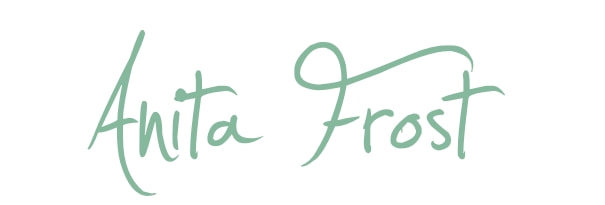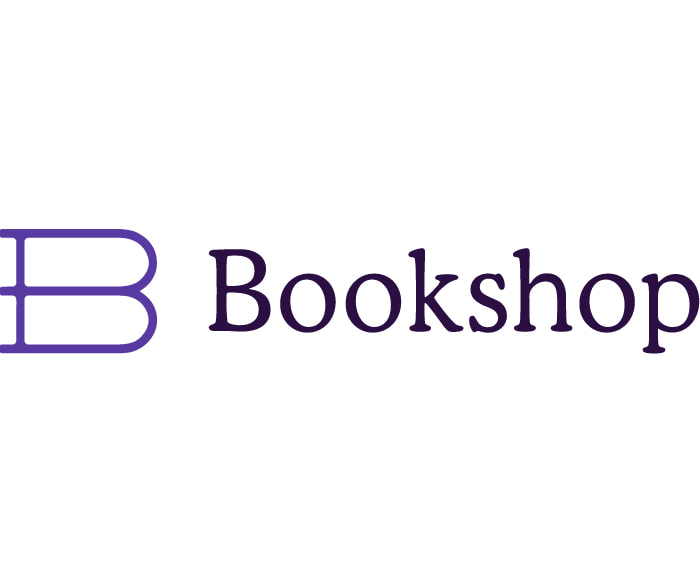|
The Importance of doing Nothing – Avoiding Burnout in a World that’s Wired to be Busy How often do you stop and do nothing? Do you struggle to put aside your to-do list, turn your phone off, disconnect from work and TV and social media? In a world that praises being busy and multi-tasking, doing nothing is often dismissed as being lazy, wasting time, and being unproductive. Those who do set healthy work-life boundaries can end up being branded as not being dedicated or hardworking, compared to those who may work through their lunch break, work late, and answer emails at 11pm when they’re in bed. There is a toxic culture that some business leaders have developed, equating productivity and value with time spent sitting at a desk. But far from hindering one’s ability to work efficiently and meet deadlines, having time to disconnect from work and taking proper breaks can actually increase productivity and improve workers’ wellbeing. But the problem of burnout doesn’t end with work. It’s everything else that people, and more often than not, women, are expected to juggle in addition to work, that leads to feeling overwhelmed and unable to function effectively. Whether it’s childcare, housework, or general life admin, there are multiple stresses and pressures piled on top of each other, leaving little time to catch a breath in between tasks. Throw into the mix the challenges that we have faced over the last few years with the pandemic, Brexit, and now the nightmarish reality of Russia’s invasion of Ukraine, it’s hardly surprising that the UK is struggling with an unprecedented mental health crisis, with over 4.3 million NHS referrals for mental health problems, such as anxiety and depression, during 2021 alone. Being constantly ‘on’ and always ‘doing’ rather than simply being has a huge impact on mental and physical health. It is an unsustainable way to operate and, sooner or later, will lead to burnout. To remedy this, it is important to take time out to disconnect from work, from responsibilities, from social media and TV, reconnecting with your inner world and checking in with yourself.
Set aside some regular time each week where you have no tasks to complete, to engage in something that has no set goal, nothing that needs to be achieved or ticked off. Find some inner stillness and practise being more present by observing how you’re feeling, the different sensations you are experiencing, letting thoughts come and go without trying to follow them or replay them in your mind. There are a wide range of mindfulness practices which can help you become more aware of your inner world and be more present. Guided meditations, journaling, spending time in nature, yoga, exercising, arts and crafts are all activities which can help you shut off the constant mental chatter and recharge your batteries when life gets too hectic. Everyone is different, and what works for one person may not be right for you. Find some mindfulness activities that you feel comfortable with and come back to them whenever your mind is running on overdrive and your to-do list feels like it will never end. Don’t mistake being busy for being productive. Take regular time to check in with your inner world and embrace the healing power of disconnecting and simply being. What activities or techniques do you turn to when you’re feeling burnt out? We’d love to hear from you - connect with Anita Frost on Twitter @anitafrost and LinkedIn. Comments are closed.
|
EditorMelissa Brannlund is the features writer and editor, for author Anita Frost.
www.anitafrost.com Look out for latest articles on Anita Frost's author website, where we talk about topics including: Business, TV, Music, Media, Publishing and Child development, along with author news and events, and giving back to communities. To book Anita Frost for your event call 0161 549 9070 or book online
Words by Melissa Brannlund: [email protected] For press enquiries please contact: Sara Donnelly [email protected] Categories
All
|
I am Investor I am Parent I am Ambassador
TV Shop Work With Us Press Giving Contact Us Fan Page
This is a official business website for ®Anita Frost
All Rights Reserved, ®Green Bean Studios, ®Green Bean Collection, ®Green Bean & Friends,
Registered No's: 12235929 - 12919046 VAT: 445 4542 90
All Rights Reserved, ®Green Bean Studios, ®Green Bean Collection, ®Green Bean & Friends,
Registered No's: 12235929 - 12919046 VAT: 445 4542 90













 RSS Feed
RSS Feed


